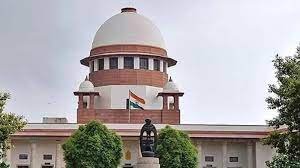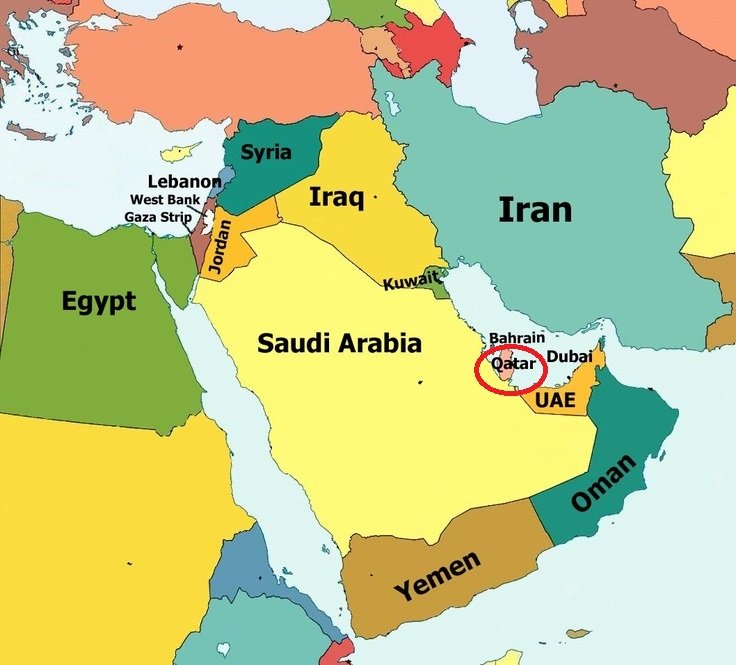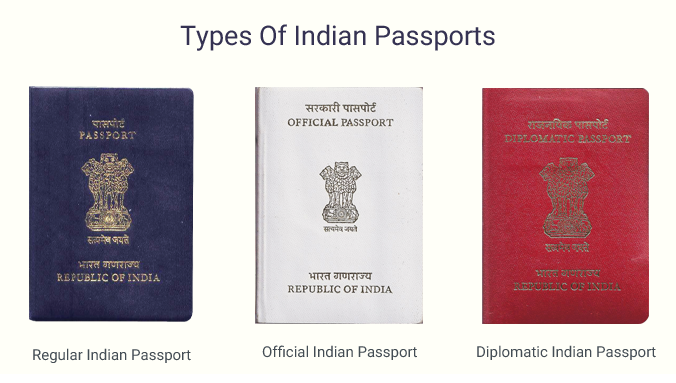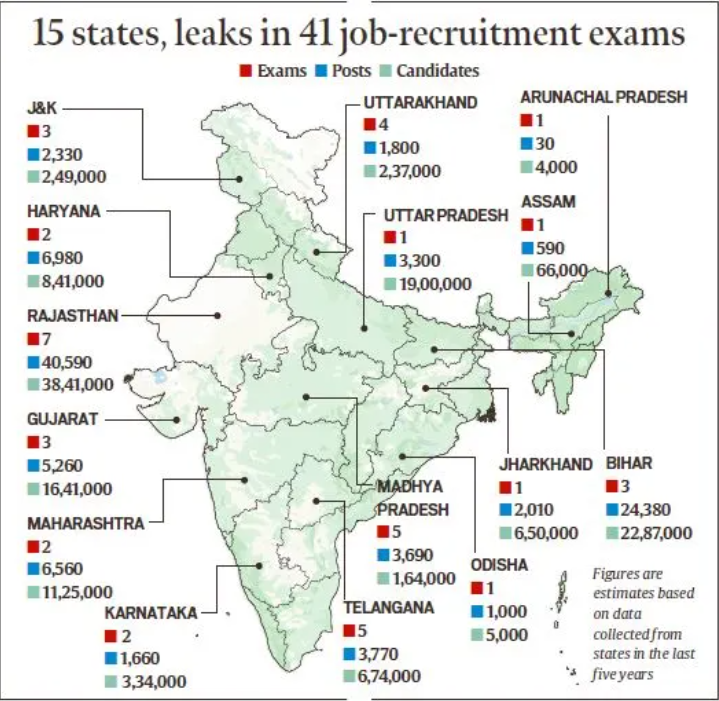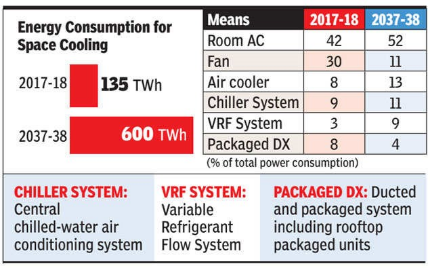
Universal Basic Income
Subscribers of "Current Affairs" course can Download Daily Current Affairs in PDF/DOC
Subscribe to Never Miss an Important Update! Assured Discounts on New Products!
Must Join PMF IAS Telegram Channel & PMF IAS History Telegram Channel
- Context (DTE | DTE | TH | FE | ES): Local experiments in India with universal basic income (UBI) have yielded positive results, bolstering support for this social policy.
- UBI is a programme where every adult citizen receives regular, fixed payments as income support.
Arguments in Favour of UBI in India
- Social Justice
- Poverty Reduction
- Agency: By taking the individual as the unit of beneficiary, UBI can enhance agency (esp. of women).
- Employment: UBI promotes non-exploitative bargaining by freeing individuals from accepting harsh working conditions for survival.
- Administrative Efficiency: It will help to overcome the weaknesses of existing welfare schemes (like misallocation, leakages and exclusion of the poor).
- Choice: UBI provides unconditional cash benefits, allowing people to choose and pursue their goals.
- No exclusion error: As all individuals are targeted, the exclusion error (poor being left out) is zero.
- Insurance against shocks: UBI will provide a safety net against health, income and other shocks.
- Financial inclusion: Direct benefit transfers will improve financial inclusion.
- Psychological benefits: A guaranteed income will reduce the pressures of finding a basic living daily.
- Ready infrastructure: When the trinity of Jan-Dhan, Aadhaar, and Mobile (popularly called JAM) is fully adopted, the transfer of UBI benefits will become easy.
|
|

Arguments Against UBI in India
- Conspicuous spending: Beneficiaries (esp. male) may spend the cash benefit on wasteful activities.
- Reduction in labour supply: This guaranteed income might make people lazy and opt out of the labour market (this has happened with MGNREGA).
- Gender disparity: Gender norms can influence UBI sharing within households, often with men having more control over spending.
- Implementation: A UBI may put too much stress on the banking system (the banking infra is already stressed with Jan Dhan Yojana and various DBT schemes like PM KISAN SAMMAN NIDHI).
- Fiscal cost: The UBI’s burden on the state exchequer will raise concerns about funding and taxation.
- Difficulty in exit: Once introduced, it may become difficult for the government to wind up a UBI.
- Inflation: Injecting large amounts of money into the economy through UBI can lead to inflation.
- Market fluctuations: Cash transfers, unlike stable food subsidies, can see their purchasing power reduced by market price fluctuations.
- Diverse Society: Due to India’s diversity, one-size-fits-all initiatives like UBI may fail.
Universal Basic Insurance vs Universal Basic Income
- Universal basic insurance is a programme in which all citizens receive a basic level of insurance coverage, regardless of their income or employment status.
- Universal basic insurance is a better proposition for India for two reasons.
- India’s insurance penetration (premium as a percentage of GDP) has been hovering around 4% for many years compared to 17%, 9%, and 6% in Taiwan, Japan and China, respectively.
- Although the economy is mostly informal, data on this sector is now accessible to businesses through GSTIN and unorganised workers through e-Shram.
|





![PMF IAS Environment for UPSC 2022-23 [paperback] PMF IAS [Nov 30, 2021]…](https://pmfias.b-cdn.net/wp-content/uploads/2024/04/pmfiasenvironmentforupsc2022-23paperbackpmfiasnov302021.jpg)

